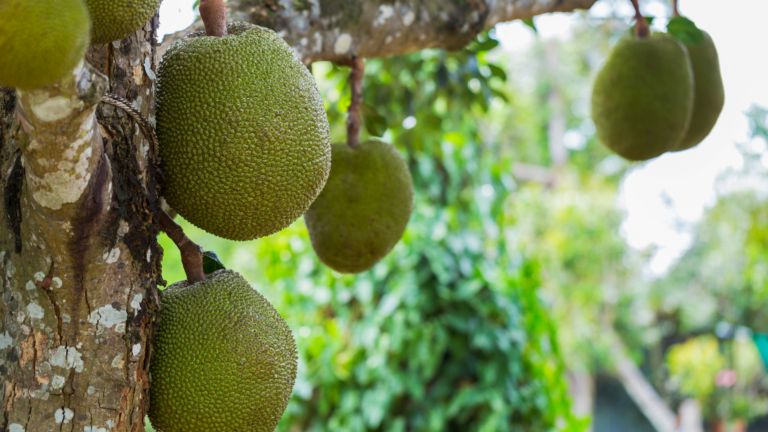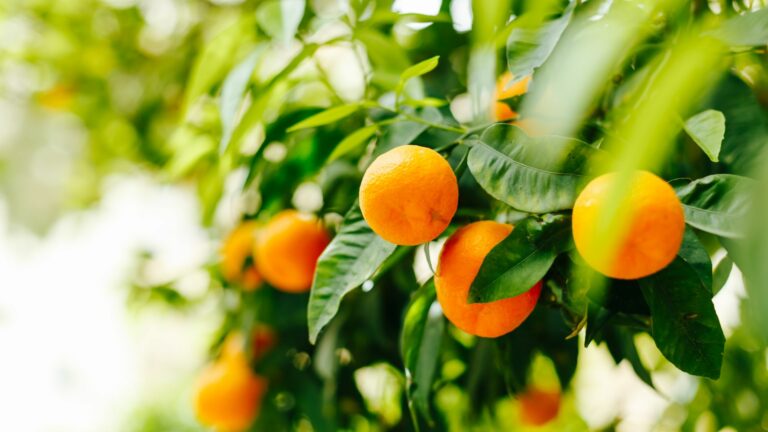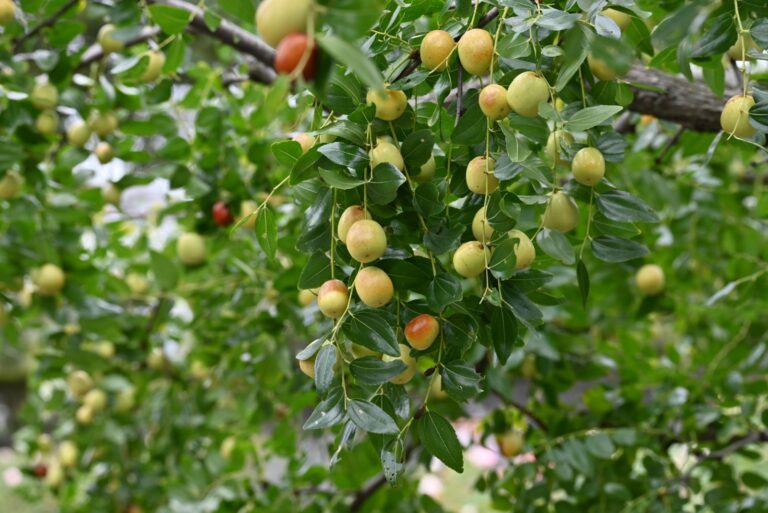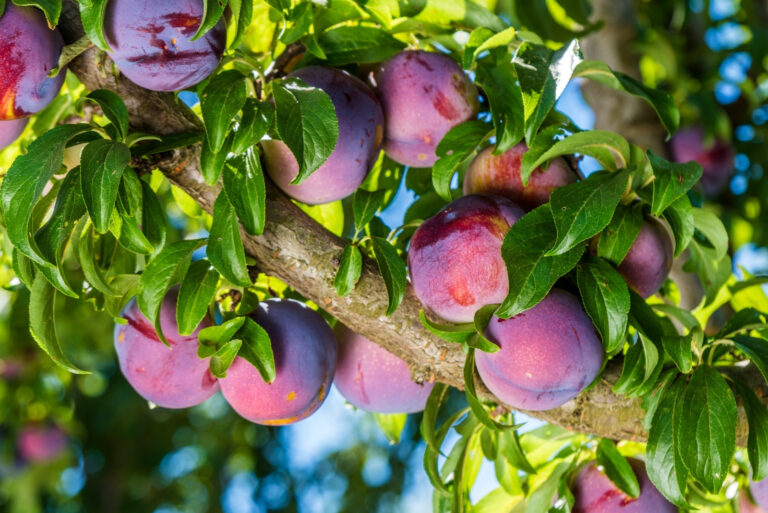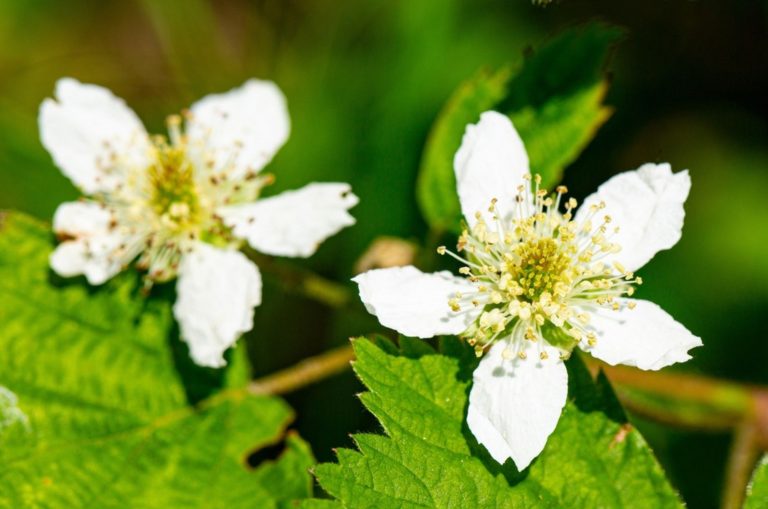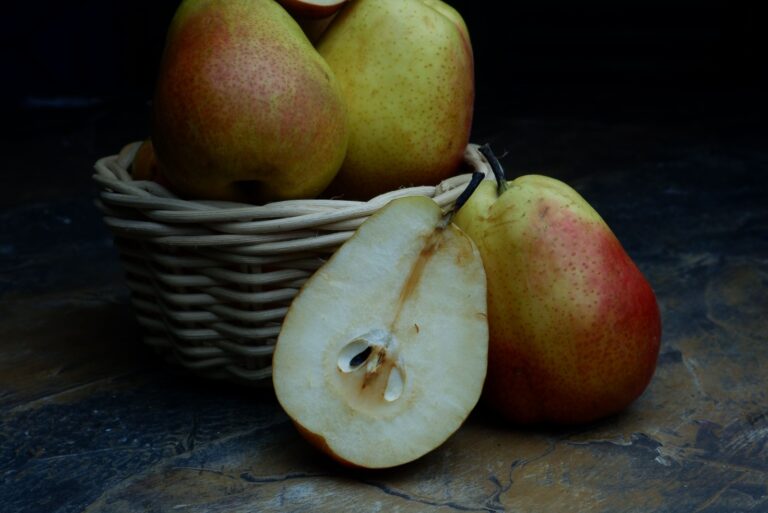Fruits You Can Start From Seed In Michigan This September
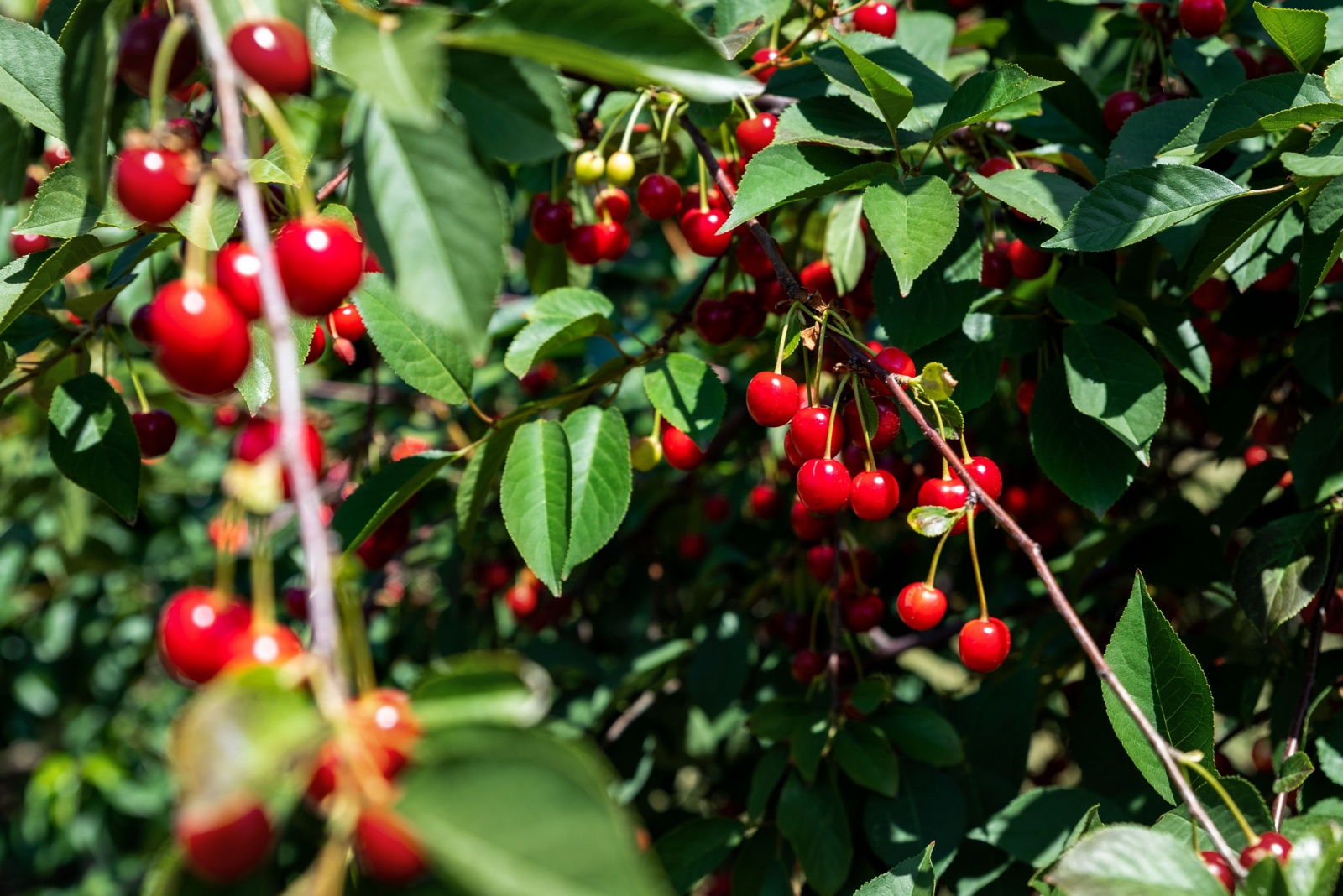
September in Michigan offers the perfect opportunity to start fruit seeds for next year’s garden. The cooling temperatures create ideal conditions for certain seeds to germinate, while giving you a head start on next season’s harvest.
Planting now allows seeds to naturally stratify during winter, mimicking their natural growth cycle.
1. Hardy Apples
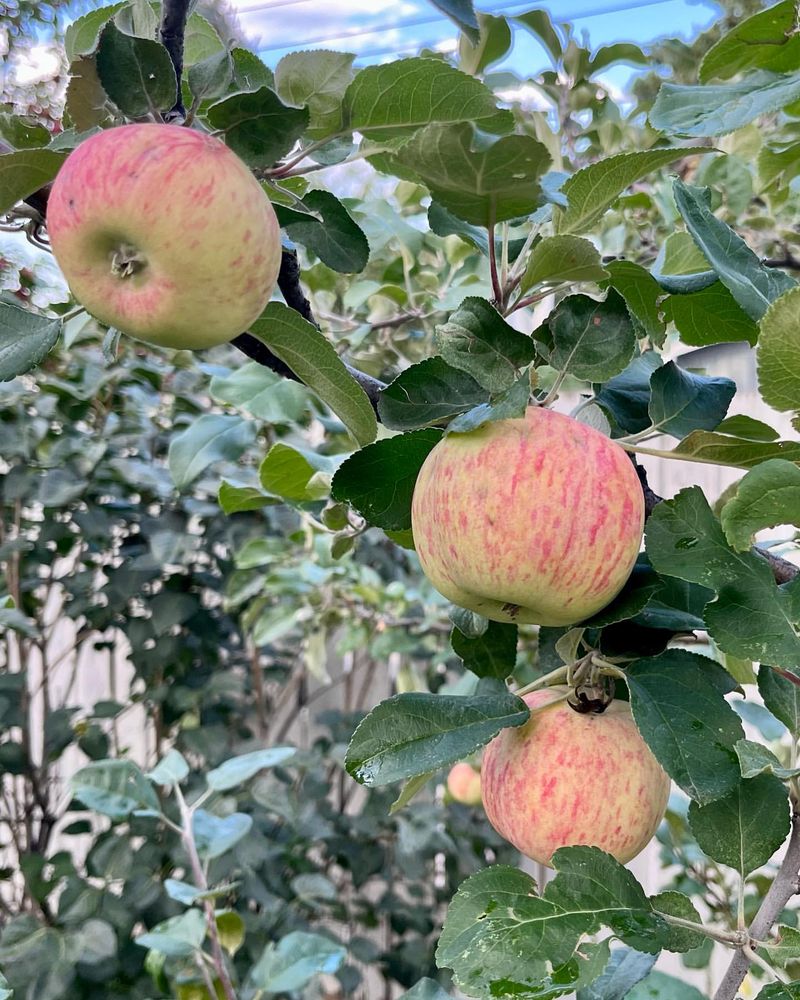
Michigan’s climate creates perfect conditions for apple trees started from seed. Collect seeds from local varieties like Honeycrisp or McIntosh for better adaptation to Michigan winters.
Keep in mind that apple trees from seed won’t produce fruit identical to their parent tree, creating an exciting element of surprise. After extracting seeds, rinse them thoroughly and let them dry before storing in a damp paper towel in the refrigerator for 60-90 days.
2. Cold-Loving Pears
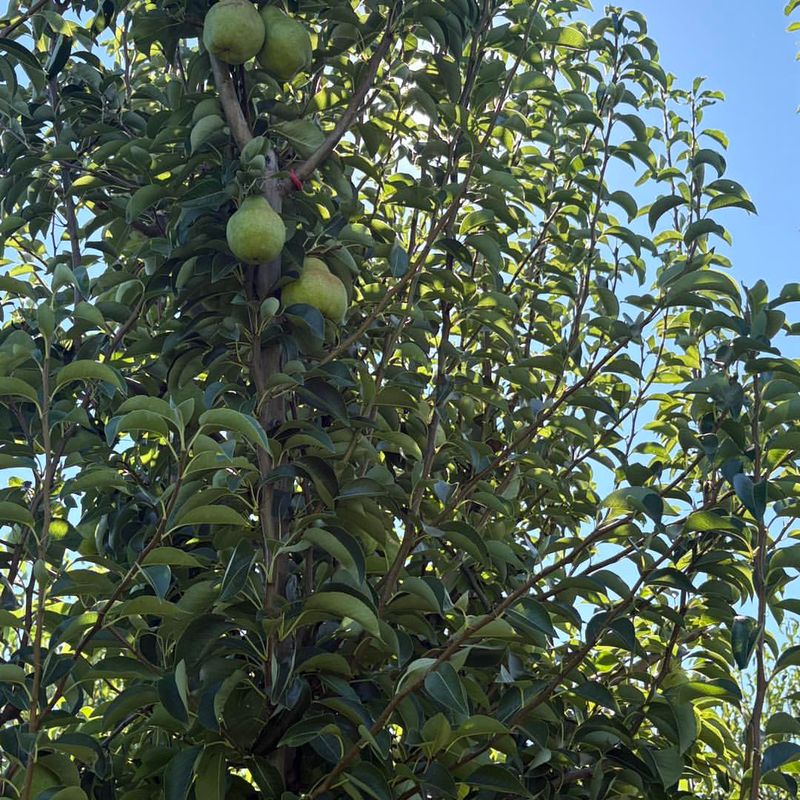
Pear seeds need Michigan’s cold winters to break dormancy naturally. Save seeds from ripe pears, clean them thoroughly, and plant directly in pots outdoors where they’ll experience winter’s chill.
Unlike many fruits, pear seedlings can be relatively true to their parent variety, especially with heritage types. For best results, plant several seeds, as germination rates vary. The seedlings will develop slowly during their first year, focusing on root development before visible growth appears.
3. Tart Cherries
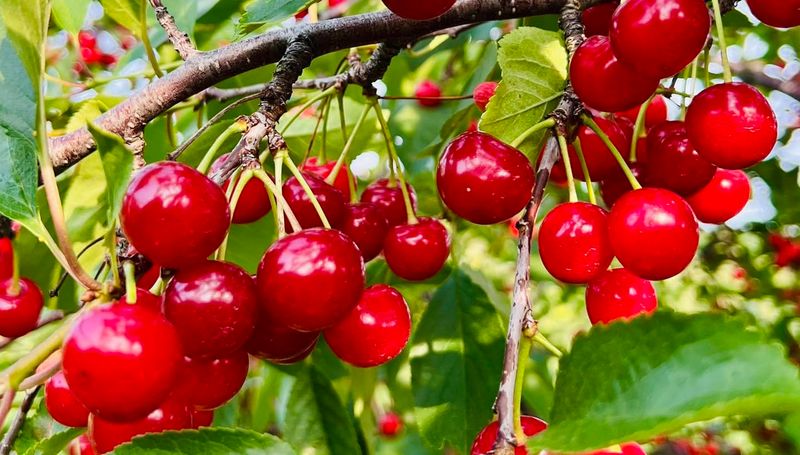
Michigan’s famous tart cherries make excellent candidates for September seed starting. Extract seeds from locally grown cherries, preferably Montmorency varieties that thrive in the state’s climate.
The seeds require cold stratification, which happens naturally when planted outdoors in fall. Place them in small pots with well-draining soil and position in a sheltered location. Come spring, your cherry seeds will have experienced the necessary cold period and begin sprouting when temperatures rise.
4. Native Pawpaw
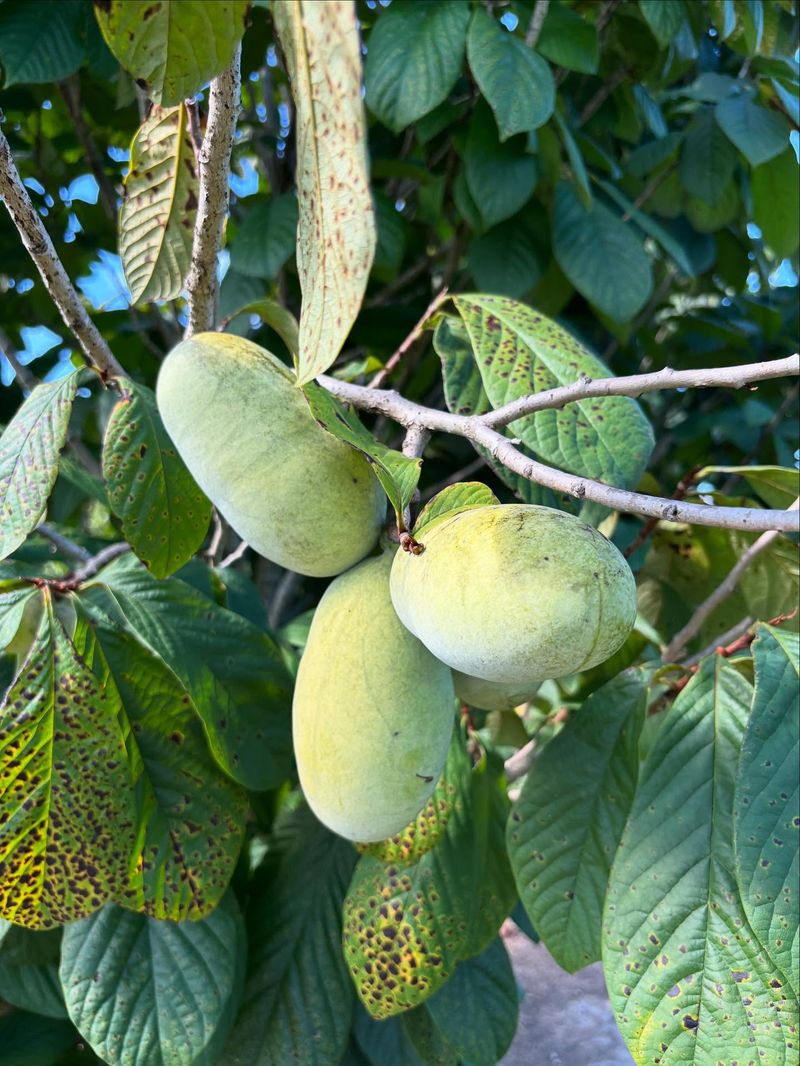
Michigan’s native pawpaw produces tropical-tasting fruit that thrives in the state’s climate. Fresh seeds germinate best, so collect them from ripe fruits in September when they’re naturally available.
Don’t let pawpaw seeds dry out! Plant immediately in deep pots, as they develop long taproots. The seeds need 60-100 days of cold temperatures to break dormancy. Place pots outside in a protected area where they’ll receive natural winter conditions but remain safe from animals.
5. American Persimmon
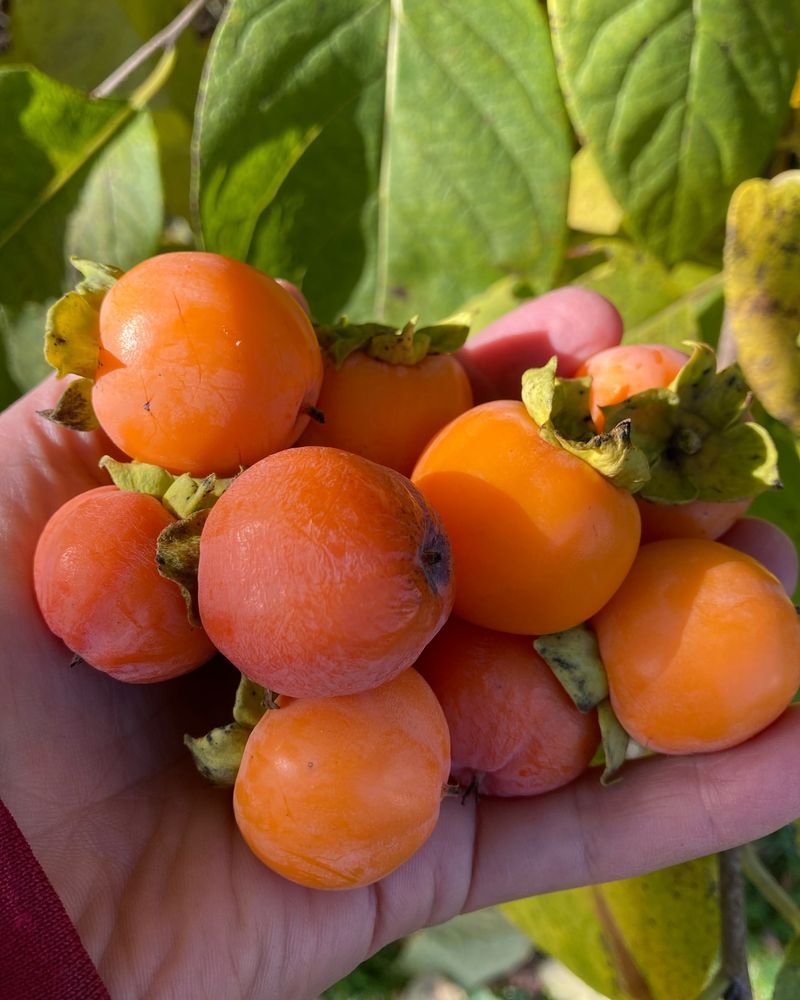
While less common in Michigan gardens, American persimmons can thrive in the southern parts of the state. September provides the perfect timing to collect seeds from ripe fruits that have turned soft and translucent.
Clean the seeds thoroughly and plant them immediately in deep containers. American persimmon seeds benefit from natural stratification during Michigan winters. Position the containers in a sheltered location like against a south-facing wall to provide some protection during extreme cold snaps.
6. Alpine Strawberries
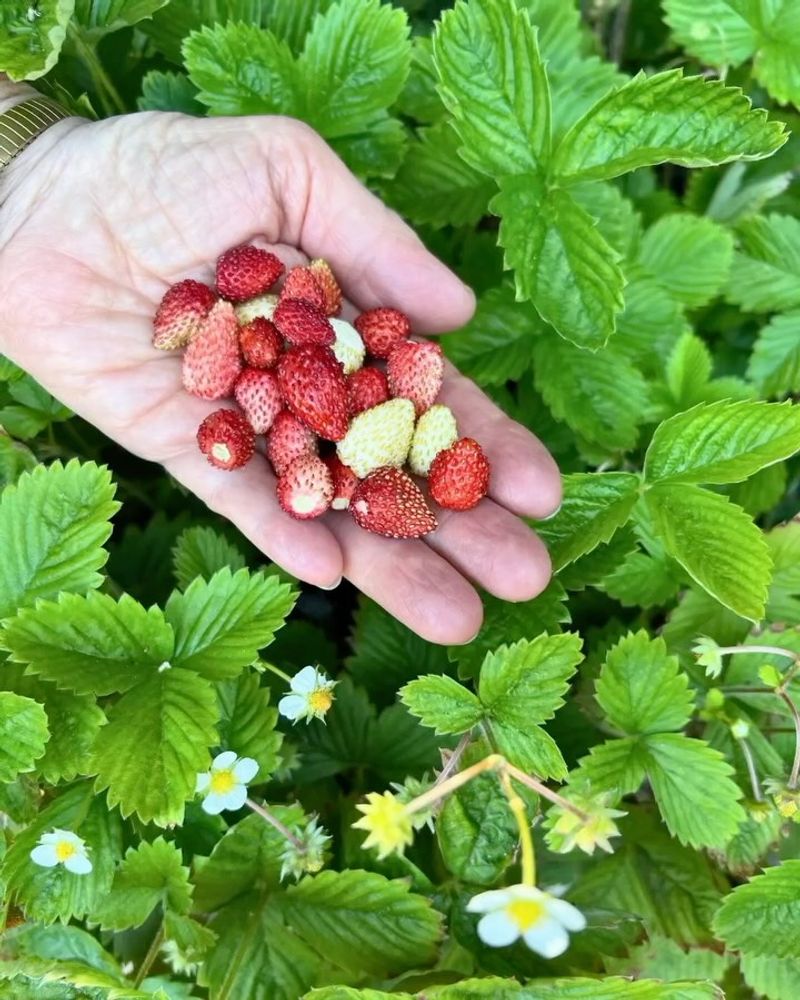
Unlike hybrid strawberries, alpine varieties grow true from seed and offer delightful woodland flavor. Starting them in September gives seedlings time to establish before winter dormancy.
Sprinkle the tiny seeds on moist soil without covering them, as they need light to germinate. Place containers in a cold frame or unheated garage during winter. These hardy perennials will develop slowly, producing small but intensely flavored berries the following summer.
7. Elderberries
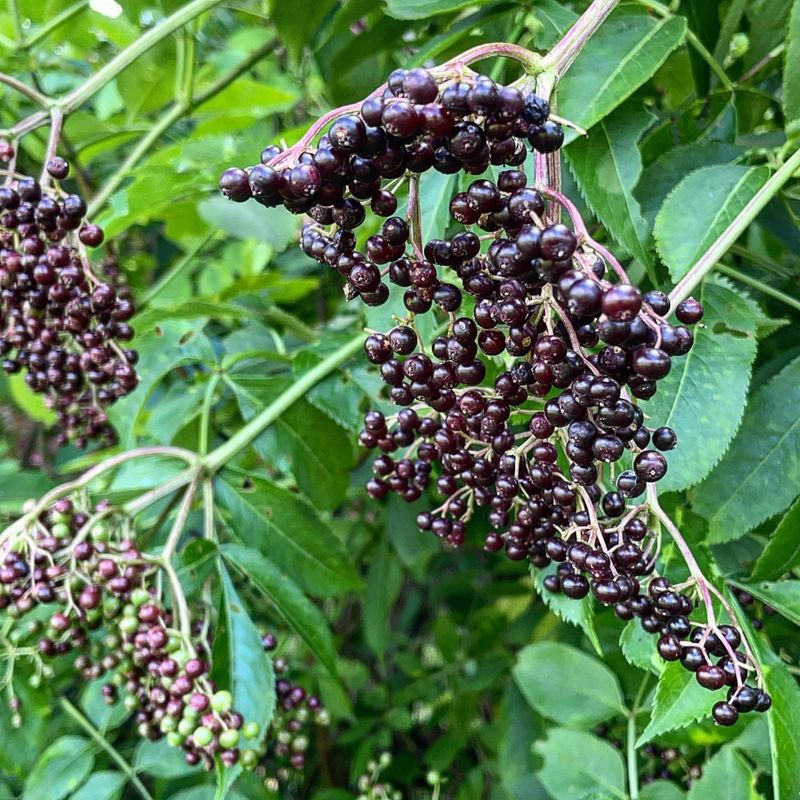
Native elderberries adapt perfectly to Michigan’s growing conditions and provide both ornamental value and nutritious berries. Collect seeds from ripe elderberry clusters in early September when they’re dark purple-black.
Mash the berries in water and rinse away the pulp to extract seeds. Plant immediately in outdoor containers where they’ll experience natural winter conditions. Elderberry seeds have complex dormancy requirements that Michigan’s seasonal changes satisfy perfectly, leading to spring germination.
8. Hardy Kiwi
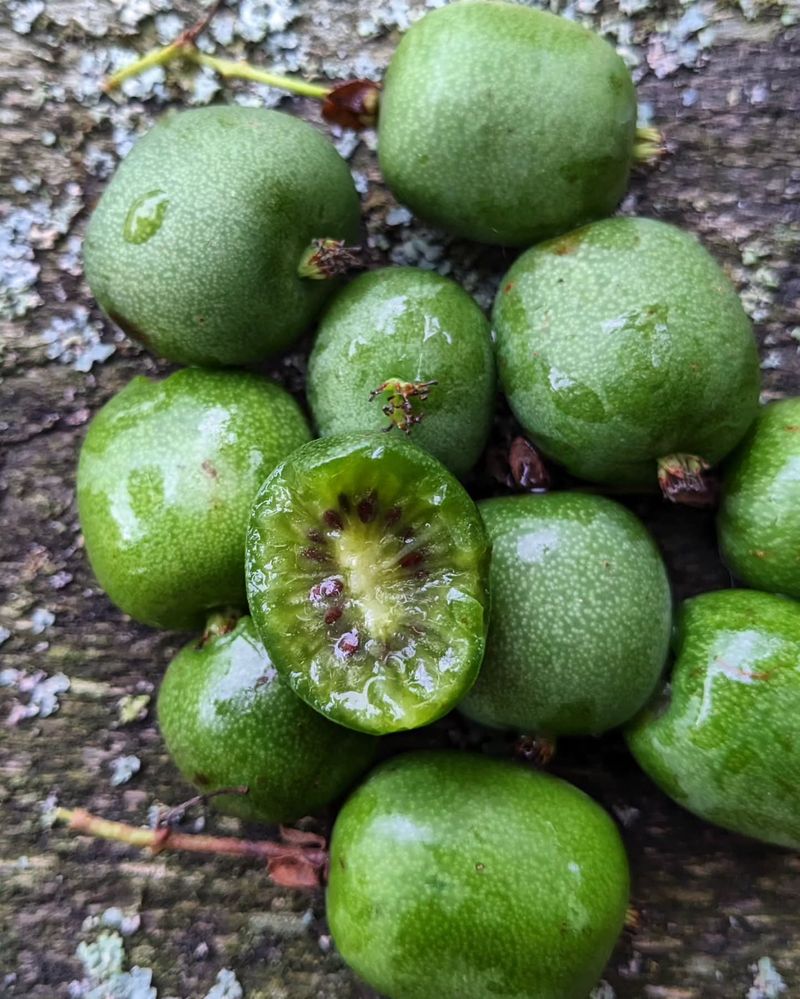
Forget tropical kiwis – hardy kiwi varieties thrive in Michigan’s climate and produce grape-sized fruits with smooth, edible skin. September-planted seeds benefit from natural cold stratification during winter months.
Extract seeds from ripe hardy kiwi fruits and rinse thoroughly. Plant in containers with well-draining soil and position outdoors in a sheltered location. The seeds will germinate in spring after experiencing winter’s chill. Remember that you’ll need both male and female plants for fruit production.
9. Serviceberry
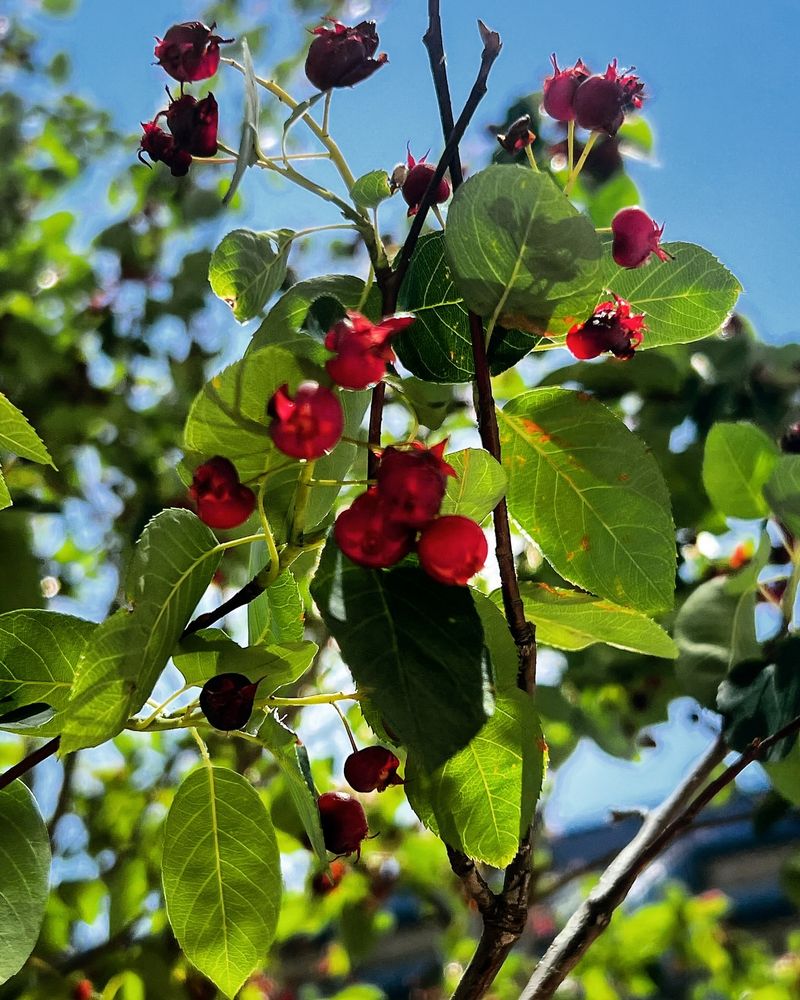
Native serviceberries (juneberries) offer Michigan gardeners beautiful spring flowers, summer fruits, and stunning fall color. September provides perfect timing to collect seeds from their small, blue-purple berries.
Extract seeds by mashing ripe berries and rinsing away the pulp. Plant immediately in outdoor containers with well-draining soil. Serviceberry seeds require cold stratification that happens naturally during Michigan winters. These native plants establish slowly but create long-lived, four-season garden assets.
10. Mulberries
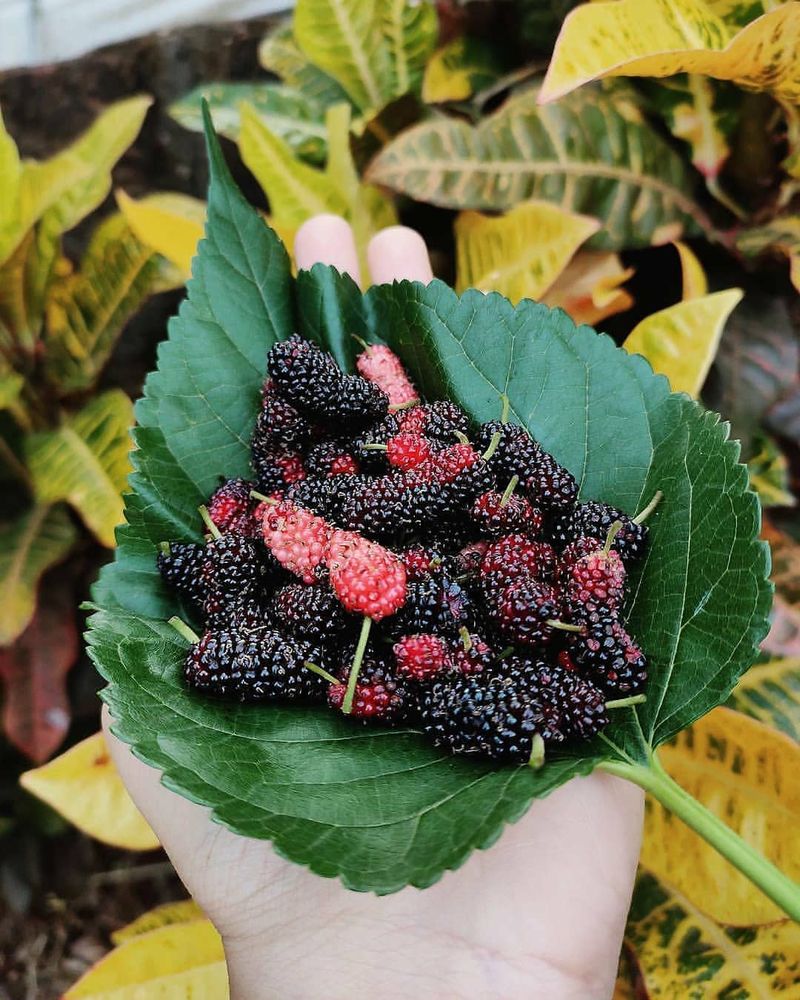
Fast-growing and adaptable, mulberry trees produce abundant berries perfect for jams and fresh eating. Red mulberry, Michigan’s native species, grows particularly well from seed when started in September.
Collect ripe berries and extract seeds by mashing and rinsing. Plant seeds immediately in deep containers, as mulberries develop strong taproots. Position outdoors where they’ll receive natural winter conditions. By spring, the seeds will have stratified naturally and begin sprouting when temperatures warm.
11. Aronia Berries
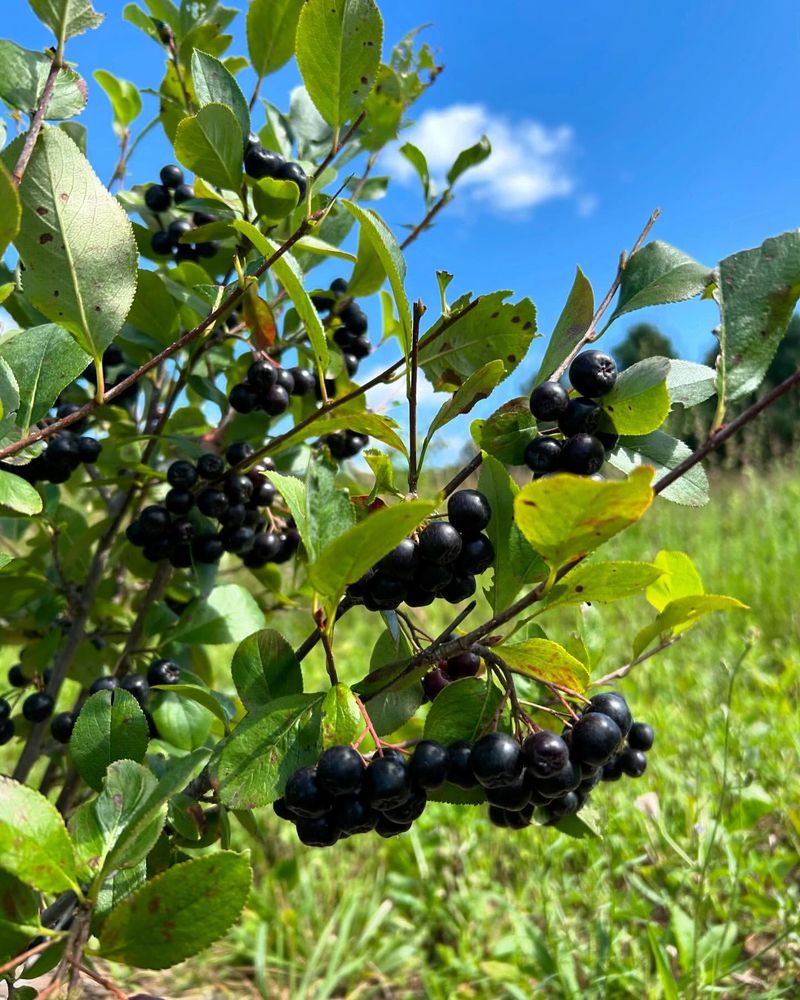
Super-nutritious aronia berries (chokeberries) thrive in Michigan’s climate and produce antioxidant-rich fruits. September-planted seeds undergo natural stratification during winter months, improving spring germination.
Extract seeds from ripe berries by mashing and rinsing thoroughly. Plant in outdoor containers with well-draining soil. Aronia seeds have complex dormancy requirements that Michigan’s natural seasonal progression satisfies perfectly. The resulting shrubs offer beautiful white spring flowers, summer berries, and brilliant fall foliage.
12. Wild Grapes
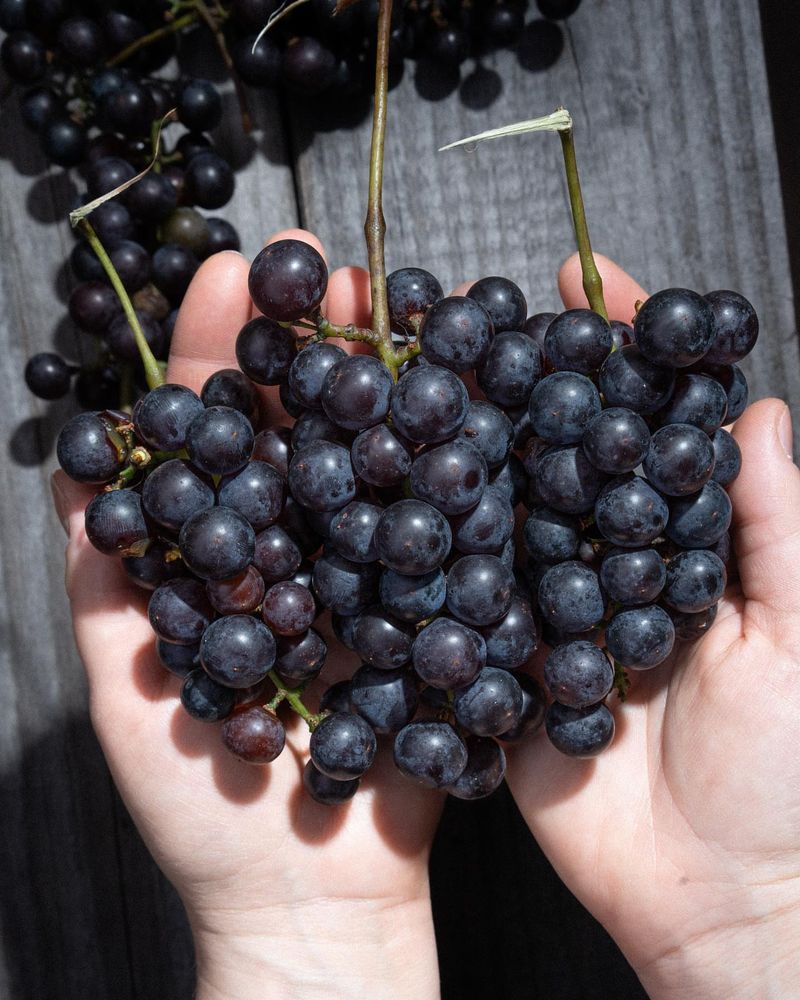
Michigan’s native wild grapes offer excellent starting material for home vineyards. September provides the perfect opportunity to collect seeds from ripe wild grape clusters found throughout the state.
Extract seeds from fully ripened grapes and rinse thoroughly. Plant immediately in outdoor containers with well-draining soil. Wild grape seeds require cold stratification that happens naturally during Michigan winters. The resulting vines produce small, intensely flavored grapes perfect for jams, jellies, and homemade wine.

